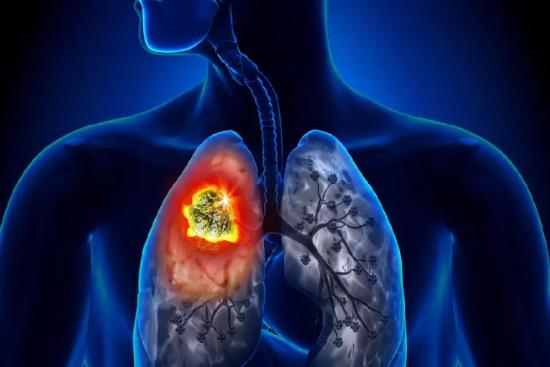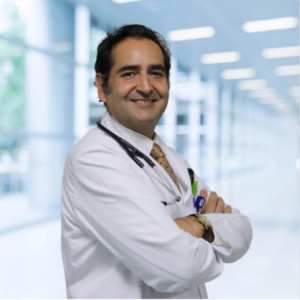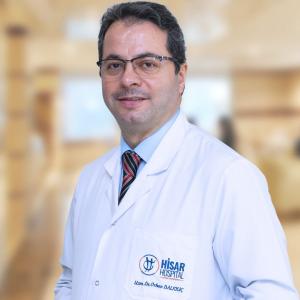Being diagnosed with lung cancer is a shattering ordeal. Between the uncertainties, the treatments to be considered and the urgent need for support, every patient deserves expert, human and comprehensive care.
In Turkey, the fight against lung cancer has taken a great leap forward, thanks to state-of-the-art medical infrastructures, highly qualified oncologists and the latest technologies. Whether you're looking for a precise diagnosis, a second opinion, or personalized treatment, you'll find solutions to meet your expectations.
Thanks to a multidisciplinary, patient-centered approach, our partner hospitals do everything in their power to improve your chances of recovery, while preserving your quality of life.









